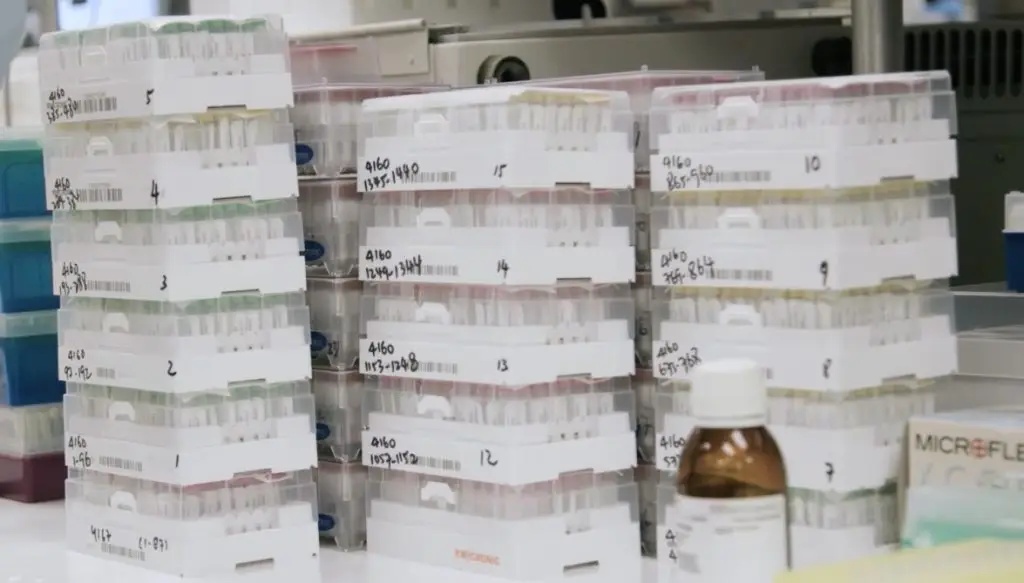Yellow Fever
Yellow fever is a viral disease spread by to humans by Aedes and Haemagogus mosquitoes. This virus is a kind of flavivirus and is closely related to dengue virus, Zika virus, and Japanese encephalitis virus. Yellow fever has caused deadly epidemics throughout history.
Yellow fever was a dreaded disease in the United States through the 1700s and 1800s, most particularly in swampland of the Mississippi Valley.
Today, yellow fever virus tends to cause outbreaks in tropical areas of sub-Saharan Africa and Central and South America. Unfortunately, the range of these mosquitoes has expanded in recent years, increasing the risk of serious outbreaks in urban areas, according to the World Health Organization (WHO).
Patients with yellow fever may exhibit mild fever or headache, which can develop into multi-organ failure with hemorrhagic symptoms. There is no drug treatment for yellow fever, but fortunately, scientists have developed a safe, effective vaccine that confers life-long protection. This vaccination is commonly recommended for individuals traveling to areas where yellow fever is endemic. Learn more about vaccination recommendations
Our Approach
The life-saving yellow fever vaccine is considered one of vaccine biology’s great success stories. LJI Professor Alessandro Sette, Dr.Biol.Sci., is studying how the successful yellow fever vaccine stimulates an effective immune response. This work may guide the design of effective vaccines against related pathogens.
Dr. Sette’s laboratory is now partnering with clinicians to collect samples from people who have been or will be vaccinated against yellow fever. The researchers, supported by a NIAID’s Human Immune Profiling Consortium, will compare the repertoire of T cells found in their bloodstream to the immune counterparts in the blood of people vaccinated with an experimental vaccine against dengue virus.
LJI scientists are also leading urgent research into related flaviviruses. In 2024, LJI Professor Sujan Shresta, Ph.D., received substantial funding through the National Institute for Allergy and Infectious Diseases’ (NIAID) Flavivirus and Alphavirus ReVAMPP (FLARE) program to test experimental vaccine strategies against deadly viruses from the flavivirus and alphavirus families, including dengue virus and Chikungunya. By investigating dengue virus vaccine approaches, Dr. Shresta and her colleagues hope to develop a “pan-flavivirus” vaccine.
LJI is also home to the Immune Epitope Database (IEDB), led by Dr. Sette and LJI Professor Bjoern Peters, Ph.D. Scientists worldwide can use this free online resource to learn more about how the immune system reacts to yellow fever virus and many other pathogens. By understanding the immune system targets sites, or epitopes, on the virus, researchers can design more precise vaccines and therapies.
This yellow fever virus research is part of LJI’s work to advance global health. Along with Dr. Sette, LJI Research Assistant Professor Alba Grifoni is investigating mosquito-borne viruses as part of a CEPI-funded effort to boost pandemic preparedness.

